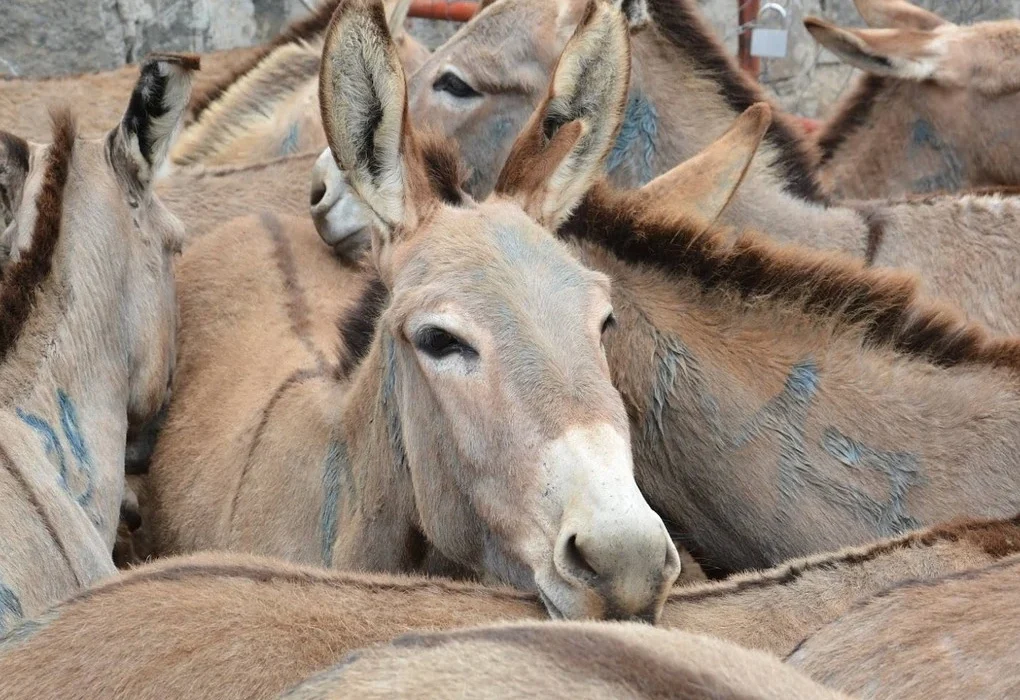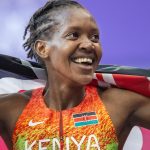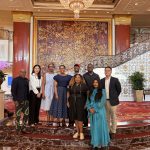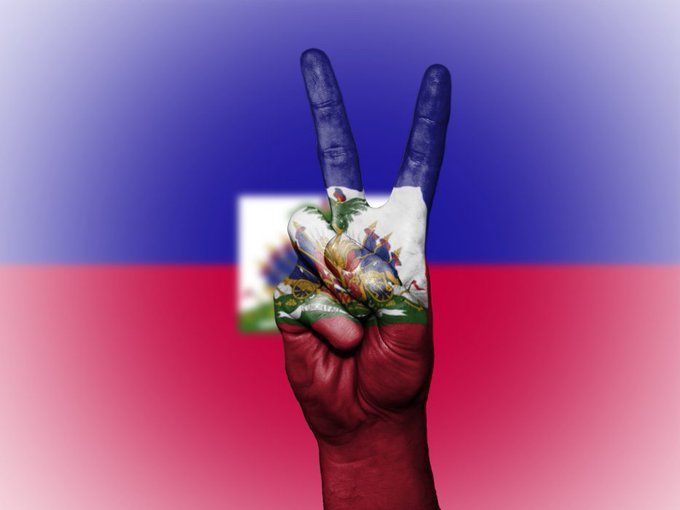By Admin
A groundbreaking report launched at the Pan-African Donkey Conference (PADCo) exposes the severe impact of the global donkey skin trade on Africa’s rural women and children.
Titled Stolen Donkeys, Stolen Futures, the study by The Donkey Sanctuary warns of surging donkey thefts, plummeting incomes, and deepening hardship as international demand for ejiao, a traditional Chinese medicine made from donkey gelatine fuels a growing crisis.
Researchers estimate up to 5.9 million donkeys are slaughtered annually worldwide to meet this demand. With China’s donkey populations depleted, Africa has become a primary target, stripping families of their livelihoods.
Dr. David Obiero of Maasai Mara University, the report’s lead author, stated, “This trade isn’t just stealing animals, it’s robbing women of dignity, economic stability, and vital support.”
Key findings reveal that 29 out of 30 women in one Kenyan community lost donkeys to theft, household incomes dropped by 73% after donkey losses, and women reported increased physical strain, emotional trauma, and economic collapse without their animals.
Donkeys are lifelines in rural Africa, hauling water, goods, and crops. Many families consider them part of the household, one woman even called her donkey her “co-wife” for its irreplaceable role.
Anne Odari Onditi, Treasurer of Kenya’s Association of Donkey Owners, said, “When donkeys vanish, women bear the burden alone. It’s devastating.”
The report, backed by peer-reviewed research in Human Animal Interaction, was unveiled at PADCo 2025, hosted by the African Union’s Inter-African Bureau for Animal Resources (AU-IBAR) and supported by the International Coalition for Working Equids (ICWE).
The conference rallied policymakers and advocates to combat the trade, following the AU’s 2024 moratorium on donkey slaughter for skins.
Marianne Steele, CEO of The Donkey Sanctuary, stressed, “This isn’t just an animal welfare issue, it’s a threat to gender equality, food security, and rural survival.”
Jessica Stark, ICWE Chair, urged African leaders to act, “Donkeys drive development. We must stop this trade before it’s too late.”
As losses mount, communities demand action to protect their futures and the animals that sustain them.
Read More Stories At: https://africawatchnews.co.ke/






